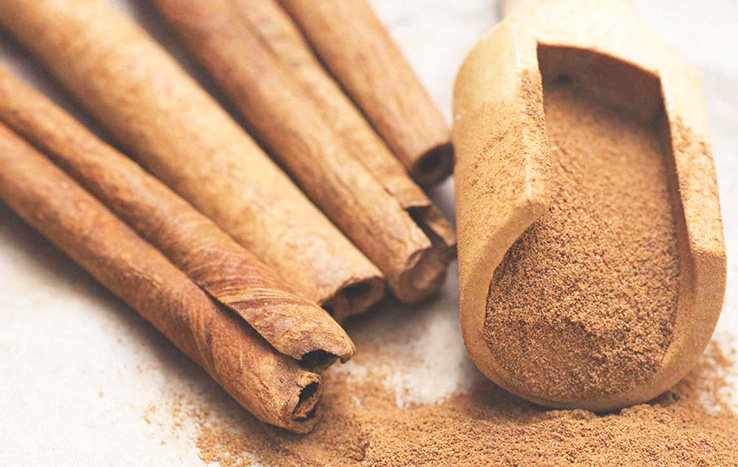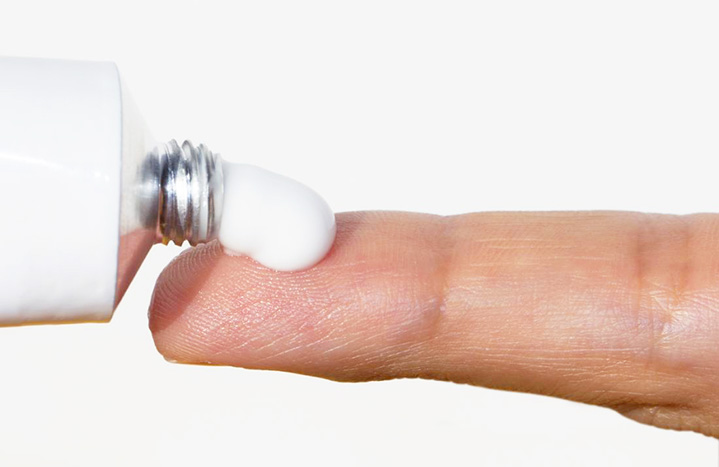Coconut oil in coffee has a lot of amazing benefits. It can help in burning fat, help you maintain focus and alertness, and give you more energy when you work out.
Coffee is quite enjoyable, and it jumpstarts your day. I used to think that it would serve me well to quit the habit, but I was wrong.
Even if I wasn’t addicted to coffee, when I didn’t have it in the morning, I felt the lack of satisfaction. Then I thought about it and restarted the habit. I’ve been drinking coffee ever since. I even took it to whole new level of greatness.
I felt great “starving” myself.
I call my morning caffeine fix, my cup of “starvation mode”. That’s my comedic way of answering everyone who criticize me for “starving” myself because I skip breakfast (which is untrue by the way).
Before I go on, I just have a few things I want you to remember.
Eating more often doesn’t boost metabolism. This bit of information should enable and empower you to you can eat whenever you what.
Another important bit of information is that your everyday metabolic rate doesn’t quickly crash when you skip a meal. In fact, it increases when you fast, short-term. This misunderstanding comes from observing long-term starvation practices that last for weeks or months, and not the meal-to-meal body reactions.
Metabolism adjusts itself when it considers the relationship between calories and energy. When you skip a meal, metabolism doesn’t suddenly drop. It adjusts. And when you do it correctly, the opposite can happen, along with other great things.
This is why I love to wake up.
During sleep or the night-time fasting, the body creates a situation where fat release is ideal, with the insulin and blood sugar levels are lower, yet still stable.
Your stored fatty acids are freed up, waiting to be burned.
Add some coffee, and you stimulate the hormones used to release fat. Once this is done, you can start using those fatty acids for energy before you eat breakfast.
Many individuals have said they experienced other good things that come along with drinking coffee early in the day, before breakfast. Being more alert, more focused, with a higher energy level and a jollier mood are some of these benefits. But be careful, because if this isn’t done in moderation, burning out can happen.
Even though you practice intermittent fasting, having coffee shouldn’t be a problem.
There is a secret ingredient everyone should know.
People often ask me what they can put in their coffee, and I end up talking about fasting, being the focal point of it all.
If you want to be technical about it, if you consume any kind of food or drink, except water, that would end the fasting. There are however, other methods to get similar or better results.
I experimented a lot through the years, and I now have my simple recipe. It’s so simple that I only have one secret ingredient –coconut oil.
Coconut oil has a lot of benefits.
I have tried mixing a lot of ingredients with my coffee, but nothing beats coconut oil. This particular oil is made up of MCTs or (medium-chain triglycerides), which have a lot of advantages. They can be digested faster, which leads to a faster access of energy. They boost production of ketone, which can be therapeutic and which can help retain nitrogen. MCTs can also aid in increasing both the release of energy and the increase of metabolism. And MCTs can also decrease hunger while suppressing appetite.
These are great advantages to have especially when you consider going into two-meal intermittent fasting. They can cause you to tap and produce energy that is both stable and immediate, and control your hunger.
How to use coconut oil…
First pour coconut oil into a cup. I use two tablespoons. You should start with a bit less. Then mix in your hot coffee, espresso or tea.
I sometimes use a French Press to brew coffee at home. Sometimes, I bring my mug to a café with coconut oil waiting in it. I end up telling baristas that what they’re seeing is my secret sauce.
I’d recommend against adding milk. Choose only sources that have fat in the morning.
Look for the way that serves you best.
“This breaks the fasting right?”
Yes it does.
If you’re fasting to lower your blood sugar and insulin levels, then there should be no problem since fat won’t have a significant effect, unlike protein and carbs.
If you’re fasting because of autophagy, then it’s still good. Combining coconut oil with caffeine can help you through the condition.
Coconut oil increases energy expenditure while not inhibiting fat oxidation.
And studies showed that while nobody actually consumes fat only all day, the fasting metabolic parameters come from carbs and protein restriction.
There are alternatives to pure fasting.
For people under a lot of stress, or with low body fat content (which makes using fatty acids harder), or with jobs wherein the brain is worked to the limit, coffee with coconut oil might be a better alternative to the Intermittent Fasting/Two Meals lifestyle. If it helps, you can think of it as a modified version of the lifestyle.
Time it well and experience maximum recovery.
Caffeine boosts autophagy and inhibits markers of protein synthesis. This means that when you drink after fasting, but before a workout, you will be experiencing maximum rebound for protein synthesis during your first post-workout meal.
Timing your coffee drink is very very important.
FAQs
“How much coconut oil should I be putting in my coffee?”
Three-and-a-half tablespoons daily is what’s recommended. However, like I mentioned earlier, consume a smaller amount at first, and work your way up to three-and-a-half tablespoons.
“What are the side-effects if any?”
You may experience diarrhea if you consume more than your body can handle. This is also the reason why I recommend that you spread the three-and-a-half tablespoons out during the day. Nausea, or exhaustion may occur from too much ketone, meaning insulin released led to a drop in your blood sugar. Avoid consuming too much of the oil when you have nothing in your tummy. “
What type of coconut oil should I get?
”Go for the “Virgin”, or the oil that has not gone through any processing. Virgin oil has the optimal nutrients and the best flavor. They cost around six dollars for a sixteen-ounce jar. If you’re buying online, look for Nutiva.
“What about coconut milk? Can I use it instead of coconut oil?”
There are no problems with coconut milk, but it’s different from coconut oil. Coconut milk has protein and carbohydrates, which some people might be allergic to. Coconut milk also has a lower fat and MCT content compared to coconut oil, when you compare them by volume.
“Is it okay if I add milk?”
Milk isn’t ideal before your first meal. It’s insulinogenic, whilst pure fat isn’t.
“Can I drink tea instead?”
No problem with that. Remember though to keep it in a hot beverage because it solidifies when cooled.
“Is it okay to have more than a single cup?”
I have only one cup to fuel me for an entire morning. You can have as many as you want. Just divide the coconut oil. I would caution you though from consuming coffee later on in the day since it may keep you awake when you need to sleep.
“What if I don’t like coffee or tea? How can I consume coconut oil?”
If you can take the taste, then consume the oil straight up. I cannot. I’ve read testimonies from people who avoid caffeine, that they’ve reaped the benefits of coconut oil this way.
“How should it be stored?”
You can store it in an ordinary cabinet. There is no need for refrigeration. Remember, cooling the oil makes it hard.
“What are the other uses for this oil?”
A lot of people cook with this.
“But saturated fat isn’t good for you, right?”
It’s healthier to consume more saturated fat than polyunsaturated. A study showed that mice that consumed saturated fatty acids had improvements when it came to their liver problems. The mice also had reduced levels of lipid peroxidation and endotoxin.








